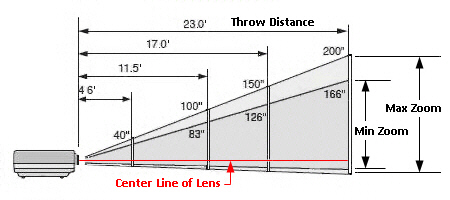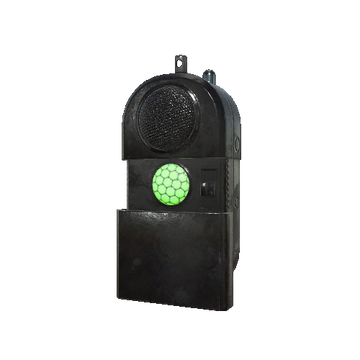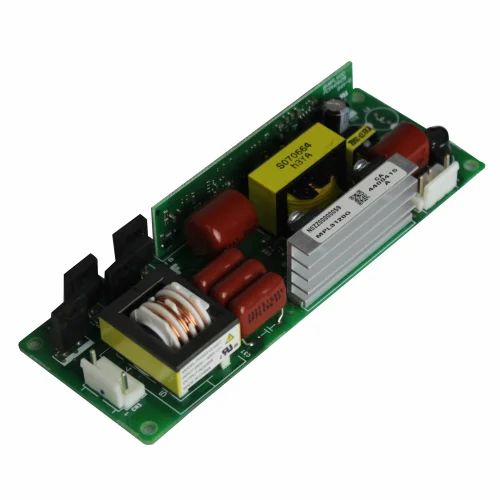Understanding Excessive Suds in Dishwashers: Causes And Solutions
Introduction
Experiencing excessive suds in dishwashers is a common household problem that could lead to ineffective dishwashing, long-term damage, and a messy kitchen. If you have ever found your dishwasher overflowing with bubbles, you have landed on the right page! This article aims to educate you about the causes of excessive suds and provides easy solutions to tackle this issue. It also addresses several related FAQs for a better understanding.
What Exactly Are the Suds in Dishwashers?
In the realm of dishwashing, suds form the backbone of a rigorous clean-up process. They are the foam or spongy substance that accumulates in your dishwasher following the water-detergent interaction. But what exactly are these suds? Let's break it down:
- Origin: Dishwasher suds are essentially bubbles. They come into existence as a result of water and detergent mixing together during your cycle.
- Purpose: Their primary goal is to eradicate stubborn grease and food particles clinging to your dishes, ensuring a thorough clean-up.
- Excess: However, when generated in surplus, these bubbles present a distinct challenge. Excessive suds become evident when a froth overflow occurs or when bubbles start leaking out from your dishwasher.
With this understanding, it becomes easier to discern what exactly are causing those annoying clumps of foam in your dishwasher, and how one can deal with them.
What Causes the Production of Excessive Suds in Dishwashers?
Several factors could lead to over-sudsing in your dishwasher. Understanding these triggers can be highly beneficial in preventing the problem:
- Misuse of detergent
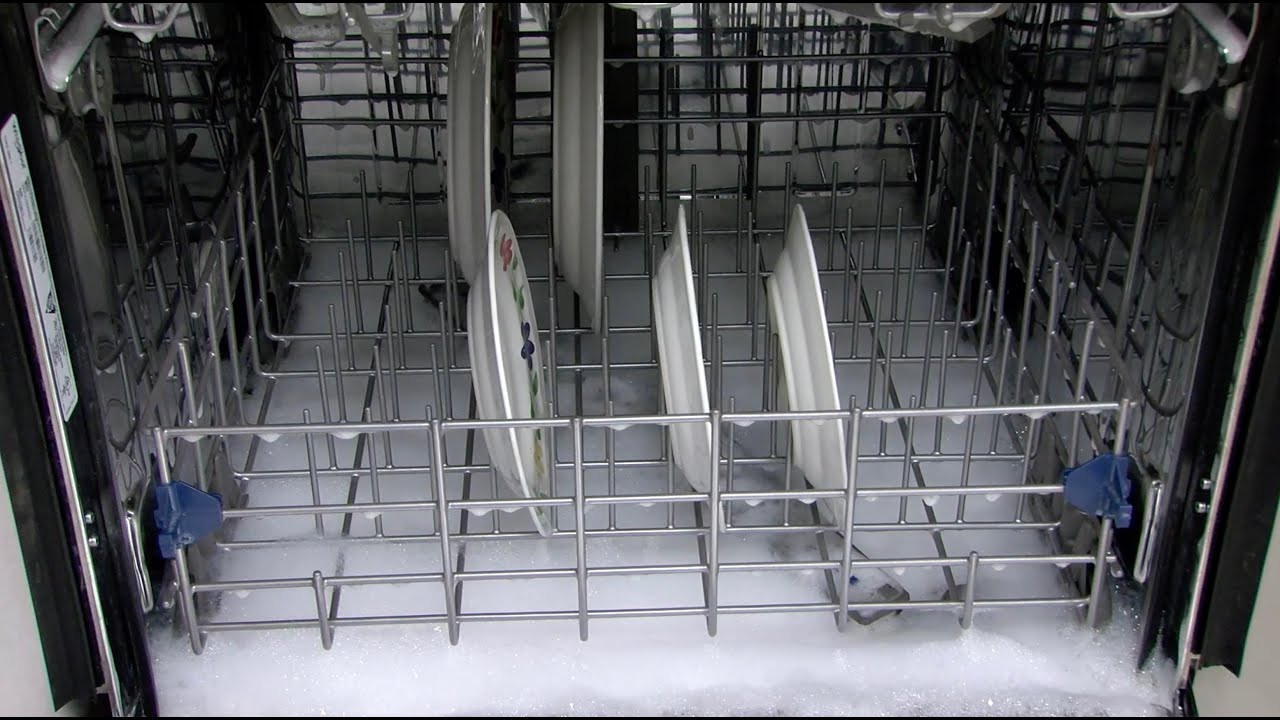
- Residual material on dishes
- Hard Water Conditions
Can Misuse of Detergent Provoke Sud Overproduction?
One of the key culprits behind excessive suds tends to be the incorrect use of detergent. Specifically:
- Overuse of Detergent: Adding too much detergent can easily trigger an overproduction of suds, causing your machine to overflow.
- Wrong Detergent Type: Using a non-dishwasher specific detergent such as dish soap or laundry detergent also generates heavy suds.
Do Leftovers on Your Dishes Boost Sud Generation?
Residual food and grease on your plates and utensils can significantly contribute to the over-sudsing issue, as they react with the detergent. It might seem like an extra step, but a quick rinse before loading your dishes can make a huge difference.
How Does Hard Water Stimulate Sud Formation?
Last, but certainly not least, hard water can cause over-sudsing. How so? Let's break it down:
- High Mineral Content: In areas with hard water, the water possesses high mineral content. These minerals interfere with the ability of detergents to dissolve correctly.
- Overcompensation: The failing dissolution process of detergents leads them to overcompensate and produce excessive suds.
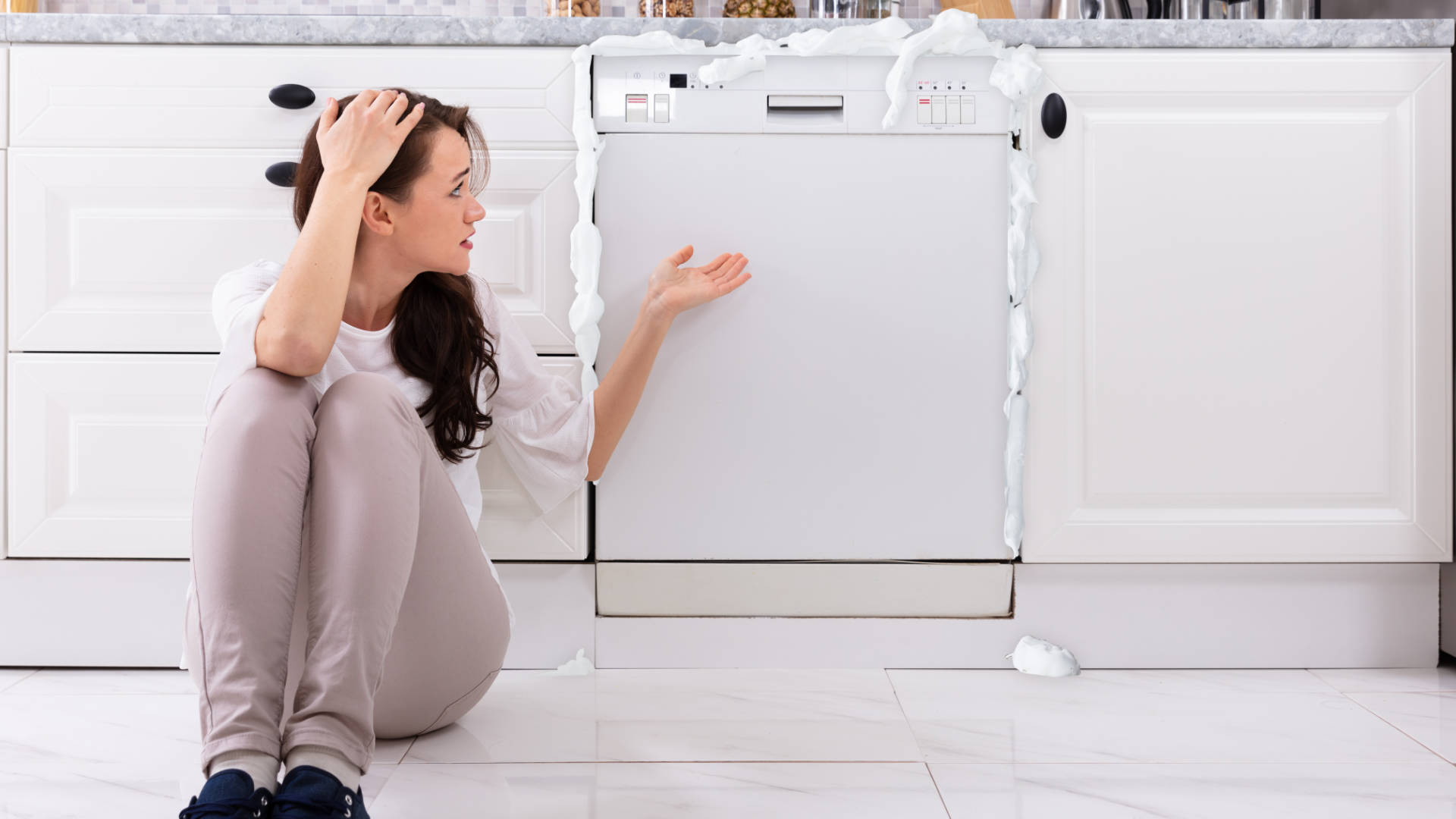
Being mindful of these causes could help you manage and prevent the issue of excessive suds in your dishwasher. The next time you find foam overloading your dishwasher, you'll know exactly what to address.
What Are the Consequences of Excessive Suds in Your Dishwasher?
Excessive suds inside your dishwasher can cause more than just an inconvenient mess. It comes with a handful of adverse effects that can impact the efficiency of your machine, the cleanliness of your dishes, and even turn into a costly affair if left unchecked. Here's a detailed examination of the potential consequences:
- Reduced Cleaning Efficiency: Excessive foam can act as a barrier between the water and your dishes, decreasing the machine's cleaning efficacy. Instead of water contacting your dishes directly to provide a thorough clean, it has to work through a layer of suds.
- Reloading Grime: The mix of suds and dirty water may re-deposit the removed dirt particles back onto your supposedly clean dishes.
- Increased Operational Duration: With soapy froth to navigate, your dishwasher might take longer to complete its cycle. It may even struggle to heat or pump water effectively, leading to extended run times.
- Potential Mechanical Issues: The aforementioned operational difficulties can put unnecessary strain on your dishwasher's motor and pump. This could lead to premature wear and tear, potentially damaging these essential parts.
- Expensive Repairs: If essential components like the seal, motor, and pump are damaged due to extensive use and strain, you may face high-cost repairs to restore your dishwasher's functionality.
How to Prevent and Fix The Issue of Excessive Suds in Your Dishwasher?
Implementing effective measures and regular maintenance can help control and prevent the overproduction of suds in your dishwasher. This section provides hands-on tips and guidelines to ensure your machine runs smoothly.
Actively Managing the Suds Overproduction
Effective strategies you can employ to tackle the overflowing suds include:
1. Detergent Usage: One of the easiest adjustments is the type and quantity of detergent used. Ensure the detergent is specific for dishwashers. Overdosing detergent is a common cause of excess suds; therefore, stick to the manufacturer's recommended amount. Dishwasher tablets or pods offer a premeasured solution, making it easier to avoid over usage.
2. Rinsing Dishes: A simple pre-rinse of your dishes before loading them into the dishwasher can work wonders in minimizing food and grease residues, which cause extra suds. Just a quick rinse under running water is sufficient – there's no need for a thorough hand wash.
3. Water Softening Solution: If your home has hard water, consider investing in a water softener. Hard water contains minerals that interfere with the detergent, causing it to overcompensate and create excessive suds.
Maintaining Your Dishwasher Regularly to Prevent Sud Overflows
Beyond the active measures, one should not underestimate the power of routine dishwasher maintenance in keeping the suds at bay. Here are a few simple techniques:
1. Clean Your Dishwasher: Over time, leftover food particles and detergent residues can build up in your dishwasher, leading to suds-related issues. Regularly cleaning your dishwasher can help avoid this.
2. Monthly Maintenance Run: Performing a full cycle run without any dishes once a month is an effective maintenance strategy. This helps clean out any hidden residues and promotes the general health of your appliance.
3. Check and Clean Filters: The filters in your dishwasher play a crucial role in maintaining water flow and trapping food residues. Regularly check and clean these to ensure optimal performance.
Ultimately, preventive care and routine maintenance combined with the right usage practices can effectively control and mitigate the issue of excessive suds in your dishwasher.
Conclusion
Ultimately, understanding what causes excessive suds in your dishwasher is crucial to effectively address and prevent the problem. By implementing the strategies mentioned above, you can ensure a cleaner, more efficient dishwashing experience while extending the life of your appliance.
Related FAQs about what causes excessive suds in dishwasher
Why are there bubbles overflowing from my dishwasher?
Overflowing bubbles in your dishwasher can be a result of excessive suds. This is usually caused by improper use of detergent, using too much or the wrong type, or not rinsing food residues off dishes before loading. Hard water conditions can also stimulate sud formation.
Can excessive suds damage my dishwasher?
Yes, excessive suds can indeed damage your dishwasher. They reduce cleaning efficiency and extend operational duration, putting unnecessary strain on the motor and pump. This can potentially lead to wear and tear and expensive repairs.
What type of detergent should I use to reduce excessive suds in my dishwasher?
To reduce excessive suds, use a detergent specifically designed for dishwashers. Avoid overdosing detergent and stick to the manufacturer’s recommended amount. Premeasured dishwasher tablets or pods can help prevent overuse.



